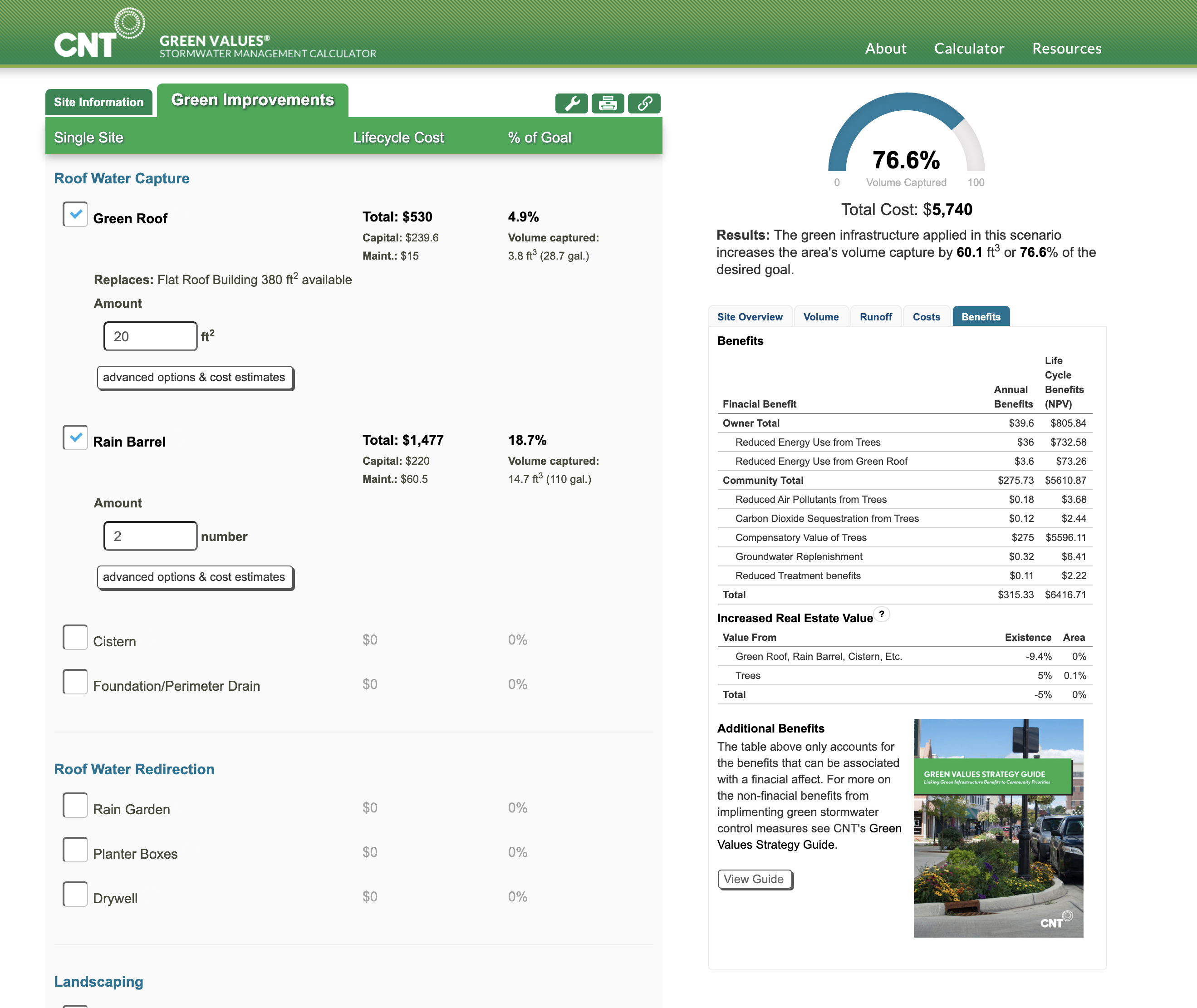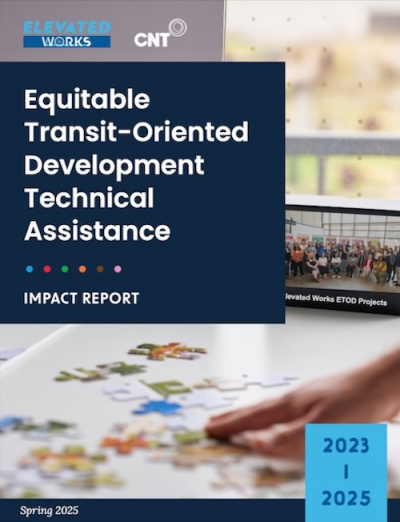The Center for Neighborhood Technology Board of Directors announces its search for new leadership, as Kathy Tholin, its well-respected, long-time CEO, has decided to retire from CNT at the end of June. The Board is looking for an exceptional leader who can build on the organization’s long history of successful innovation to create sustainable cities.
“We’re extraordinarily grateful for Kathy’s leadership through a period of dramatic growth and significant achievement,” said Board president James Cahan. “Today, CNT’s mission of finding overlooked efficiencies and creating environmental and economic strategies that make cities work for everyone is more vital than ever. We see exciting opportunities to make urban environments more sustainable, with more efficient infrastructure, reduced living costs, more jobs for residents, and resilience in the face of economic shifts and climate change. We hope to find a new director who is as excited about tackling these challenges as we are, with the skills and strategic vision to continue CNT’s strong work and, in collaboration with CNT’s extraordinary staff, take that work to the next level. “
Board member Margaret O’Dell is chairing the search committee, which can be contacted at executivesearch@cnt.org. The position announcement is posted at www.cnt.org/executive-search.
Tholin’s tenure as CEO began in 2005 and saw numerous achievements, including the growth and spinoff of two major affiliates: I-Go, which introduced car-sharing to Chicago and helped build it into a national transportation strategy; and Elevate Energy, previously CNT Energy, which works to boost the energy efficiency of homes, churches, nonprofits and public buildings in communities around the country. Both affiliates exemplified the CNT approach of combining environmental and economic benefits for urban residents in a single innovative strategy, and then finding partners and strategies to bring it to scale.
Under Tholin’s leadership CNT also developed widely heralded tools to enable local leaders to translate big data into practical strategies for improving cities, and developed its urban consulting practice which now assists cities around the country. Previously, as leader of CNT Energy, she led development of the Energy-Smart Pricing Plan, the nation’s first real-time, market-based pricing program for residential customers. In recognition of its innovative work, CNT received the 2009 MacArthur Foundation Award for Creative and Effective Institutions.
“Kathy’s contribution has been to make transformative ideas practical,” said CNT President Scott Bernstein, who co-founded CNT with Tholin and the late Stan Hallett back in 1978. “She has given people room to be creative, and then helped craft practical approaches that can be applied at the local level and delivered systematically. For the past 11 years in her role as CEO, and many more in her previous CNT roles, we partnered effectively to produce results, in Chicago, in cities across the country, and in national policy. I am enormously grateful for her superb leadership and collaboration.”
“I have been privileged to serve this innovative and effective organization as CEO for the past 11 years,” said Tholin. "I am proud of our accomplishments together over that time, and I know CNT is well positioned for future achievement and impact. This change will allow me to balance other personal and family priorities, as well as undertake more direct project work in these critical areas of environmental and economic sustainability. I am grateful to the board for its leadership and commitment to CNT and thoughtful responses to this decision, to Scott for his inspiration and his partnership, and to CNT’s fantastic staff, who make our mission and vision real every day.”
Headquartered in Chicago, the Center for Neighborhood Technology (CNT) is a national nonprofit that helps communities and regions capture the value of efficient use of land, infrastructure, water and energy resources, in ways that improve the quality of life and economic prospects of city residents. Major programs include Economic Development and Poverty Reduction, Climate Resilience, and Urban Analytics.





 Strengthening Transit Through Community Partnerships
Strengthening Transit Through Community Partnerships